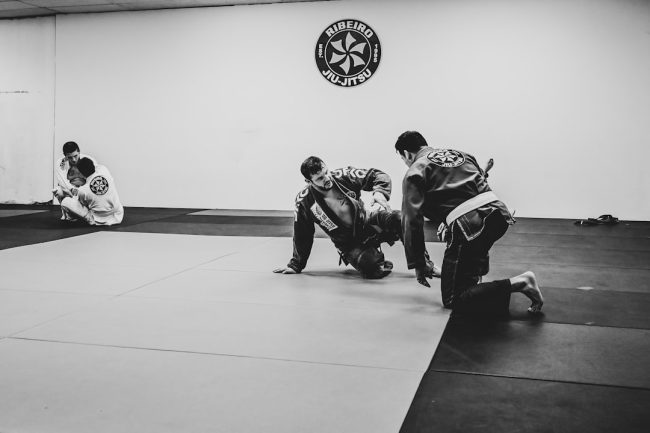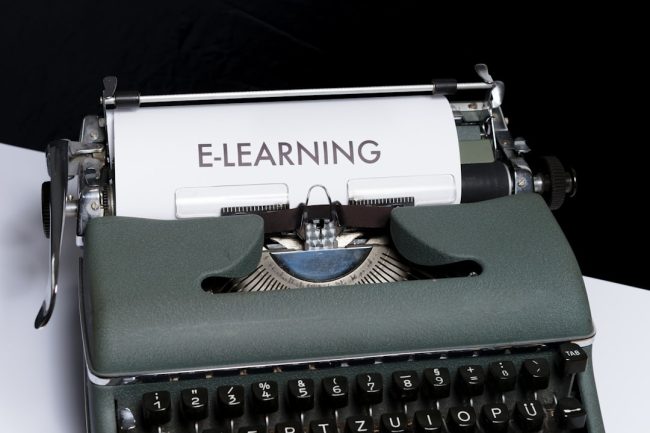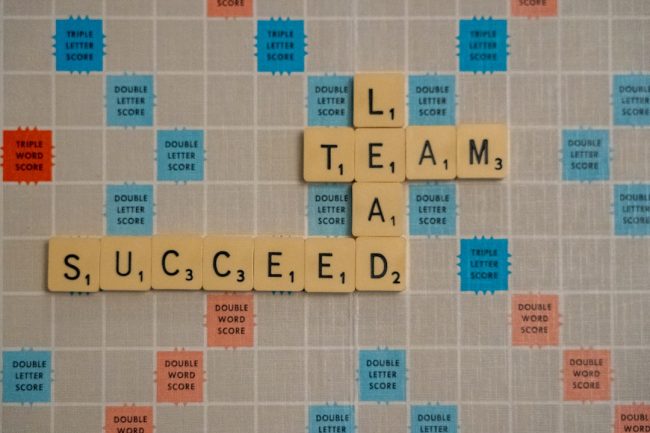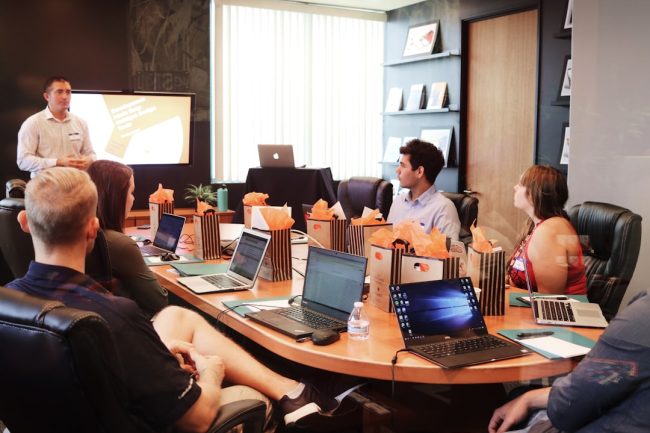The Value of Serious Games for High-Risk Jobs It is impossible to overestimate the importance of serious games in training for high-risk jobs in the fast-paced, constantly-changing workplace of today. These positions necessitate a degree of readiness that conventional training approaches might not sufficiently impart because they frequently entail crucial decision-making & high-stakes situations. Serious games provide a novel method of training by enabling players to participate in lifelike simulations that replicate the difficulties they will encounter in their positions. Participating in these interactive experiences allows us to build critical abilities and competencies in a secure setting.
Also, the unique learning environment that serious games create promotes teamwork and communication. Teamwork is essential in high-risk occupations like emergency response, aviation, and healthcare. We can improve our ability to coordinate in real-life scenarios by practicing teamwork under pressure through serious games. We perform better as a team and as individuals thanks to this collaborative element, which eventually produces better results in high-stakes situations.
Developing Successful Serious Games for Mission-Critical Skills Realism and relevance are two important factors to consider when creating serious games for mission-critical skills. The degree to which these games faithfully capture the difficulties & nuances of the work at hand determines how effective they are. This implies that we must thoroughly investigate and evaluate the particular abilities needed for every position. Knowing the subtleties of these occupations allows us to design scenarios that players can relate to and that offer them worthwhile educational opportunities. We should also take our audience’s varied learning preferences and styles into account.
Using a variety of gameplay mechanics can improve engagement & retention because different people learn differently. For example, some people might do better in competitive settings, while others might like playing cooperative games. We can accommodate varying learning styles & guarantee that every participant gets the most out of the training experience by providing a variety of options within the serious game. Including Realism in Scenarios and Simulations Realism is a key component of successful serious games for high-risk occupations. We must make an effort to design settings that closely resemble actual circumstances so that players can hone their abilities in a setting that feels genuine. Players may be immersed in realistic environments by utilizing cutting-edge technologies like virtual reality (VR) or augmented reality (AR).
By doing this, we can improve the educational process and assist players in becoming more fully aware of their responsibilities. Also, adding branching scenarios can make the training process even more complex. By giving players options that have varying consequences, we can mimic the unpredictability of high-risk occupations. This not only promotes critical thinking but also gives us a safe space to consider the effects of our choices.
In the end, navigating these situations helps us better understand our strengths and shortcomings, which better equips us to handle the difficulties we will encounter in real life. Enhancing Learning and Engagement through Gamification Gamification is a potent tool that can greatly improve learning & engagement in serious games. We can encourage players to engage in their training by incorporating game features like leaderboards, badges, and points. We may be motivated to push ourselves to the limit and pursue excellence by this sense of accomplishment and competition.
Our likelihood of staying involved & dedicated to the learning process increases when we receive recognition for our efforts. Also, gamification can help participants feel more connected to one another. We create networks of support & relationships with our peers as we compete or work together outside of the game. In high-risk occupations where collaboration is crucial, this social component can be especially helpful. By fostering an atmosphere where we can exchange knowledge and experience, we improve our training as a whole and set ourselves up for success in our specialized fields.
Assessing Serious Games’ Training Effectiveness It is essential that we conduct systematic assessments of serious games’ training effectiveness to make sure they are accomplishing their stated goals. To do this, we must set precise metrics and standards that correspond to the abilities & proficiencies we hope to cultivate via training. Data on player performance, engagement, and knowledge retention can be gathered to help us understand how serious games affect our learning objectives. Evaluation of the efficacy of serious games also heavily relies on participant feedback.
By asking players for feedback on their experiences, we can pinpoint problem areas and make the required changes to improve the training regimen. We can continuously improve our serious games thanks to this iterative process, which makes sure they stay current and useful in preparing us for high-risk occupations. Customizing Serious Games to Fit Particular High-Risk Jobs: One of the main benefits of serious games is that they can be tailored to fit a variety of high-risk occupations. We must acknowledge that every profession has different needs & challenges, so a one-size-fits-all strategy might not work.
For serious games to have the greatest possible training impact, they must be tailored to the unique requirements of various roles. For example, a serious game for firefighters might emphasize making decisions under pressure in emergency situations, whereas a game for air traffic controllers might highlight coordination and communication abilities. By customizing the scenarios and content to mirror the realities of each occupation, we can make sure that players are getting instruction that is applicable to their workplaces. This personalization not only improves the educational process but also raises the possibility that skills will be successfully transferred to real-world situations.
Working with Subject Matter Experts in Game Development: Working with subject matter experts (SMEs) is essential to producing serious games that are effective for high-risk occupations. These people are vital partners in the game development process because they have priceless knowledge and expertise in their respective domains. We can make sure that our serious games appropriately represent industry norms & best practices by collaborating closely with SMEs. Incorporating SMEs into our games also enables us to include real-world problems and scenarios. Their observations can be used to pinpoint important abilities that should be practiced in order to make sure that our serious games are impactful & pertinent. Also, we can improve our content & gameplay mechanics to better suit player needs by incorporating feedback from SMEs into the development process.
The Prospects of Serious Games for High-Risk Jobs and Mission-Critical Skills The future of serious games for high-risk jobs appears bright as long as technology keeps improving. Training programs are increasingly incorporating artificial intelligence (AI), augmented reality (AR), and virtual reality (VR). The way we approach skill development in high-stakes situations could be completely transformed by these technologies. We can develop training experiences that are even more immersive & captivating and better equip us for the intricacies of our roles by utilizing these innovations. Also, we can anticipate increased investment in the development of serious games as more organizations come to understand their value in training.
This will result in a greater selection of serious games catered to particular professions and industries. We will surely find new methods to improve our educational experiences and our performance in high-risk jobs as we continue to investigate new possibilities in this field. To sum up, serious games are a revolutionary way to prepare for high-risk occupations. Prioritizing realism, teamwork, gamification, personalization, and professional advice will help us develop training programs that effectively equip us with mission-critical competencies. Serious games will undoubtedly become more and more important in influencing how we learn and grow in high-stakes situations as we move forward.













